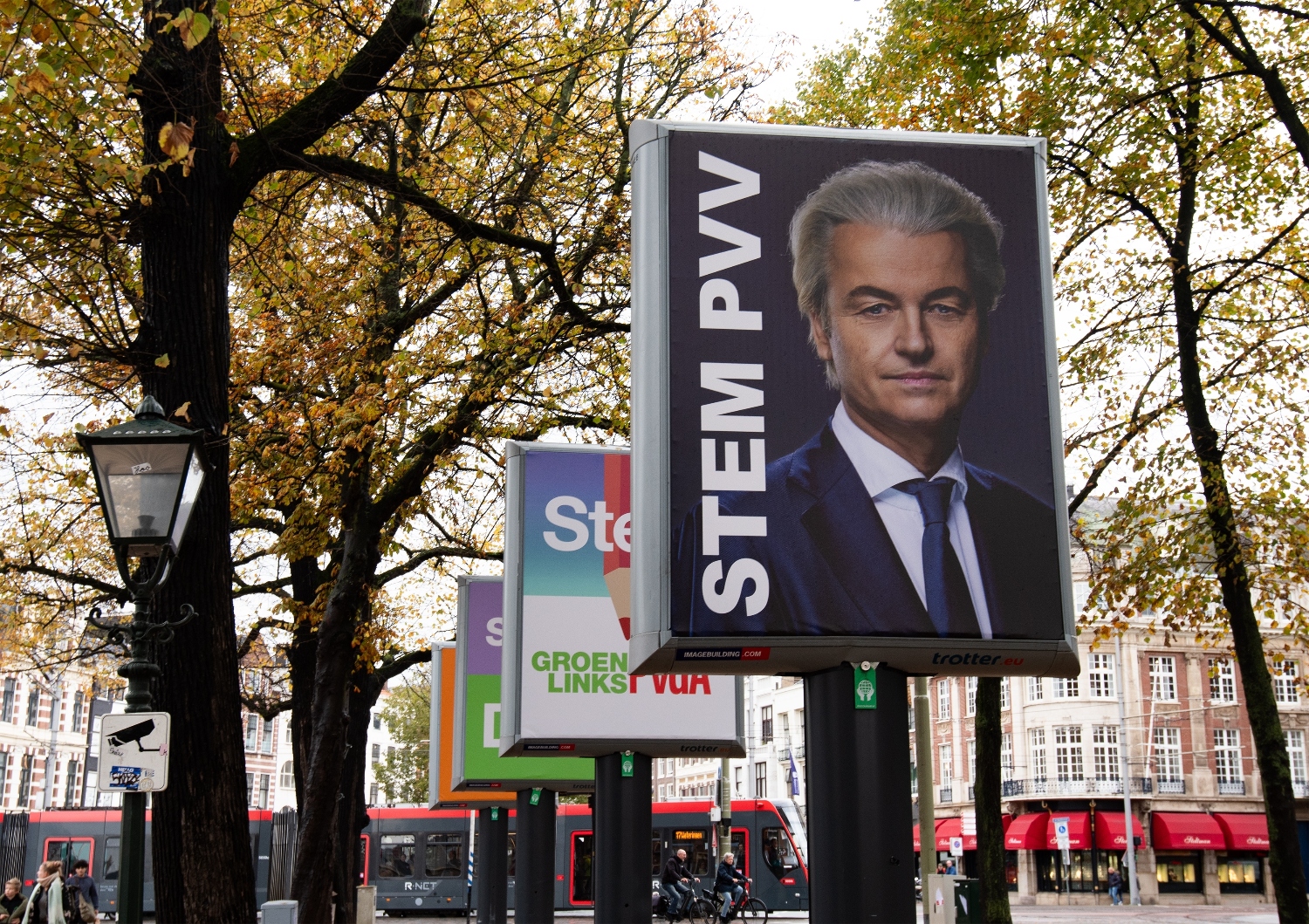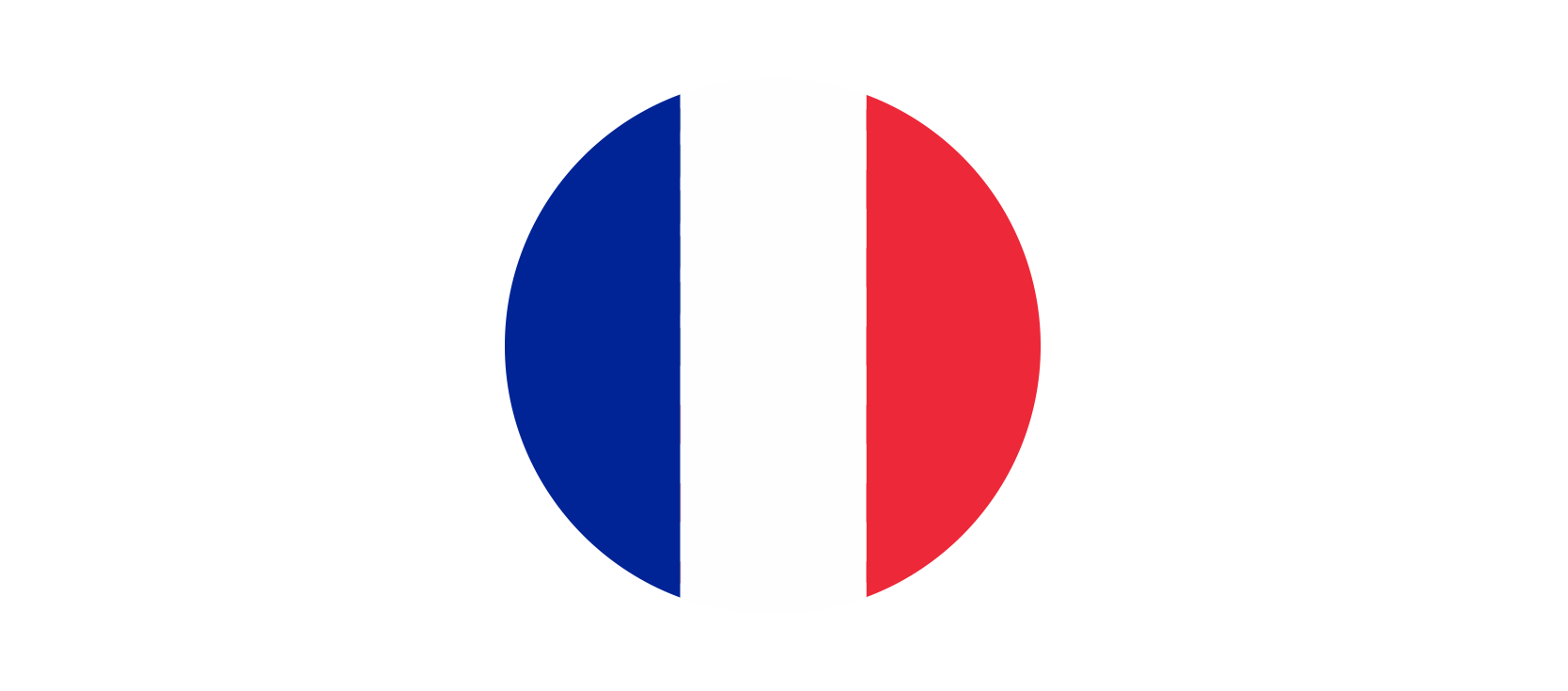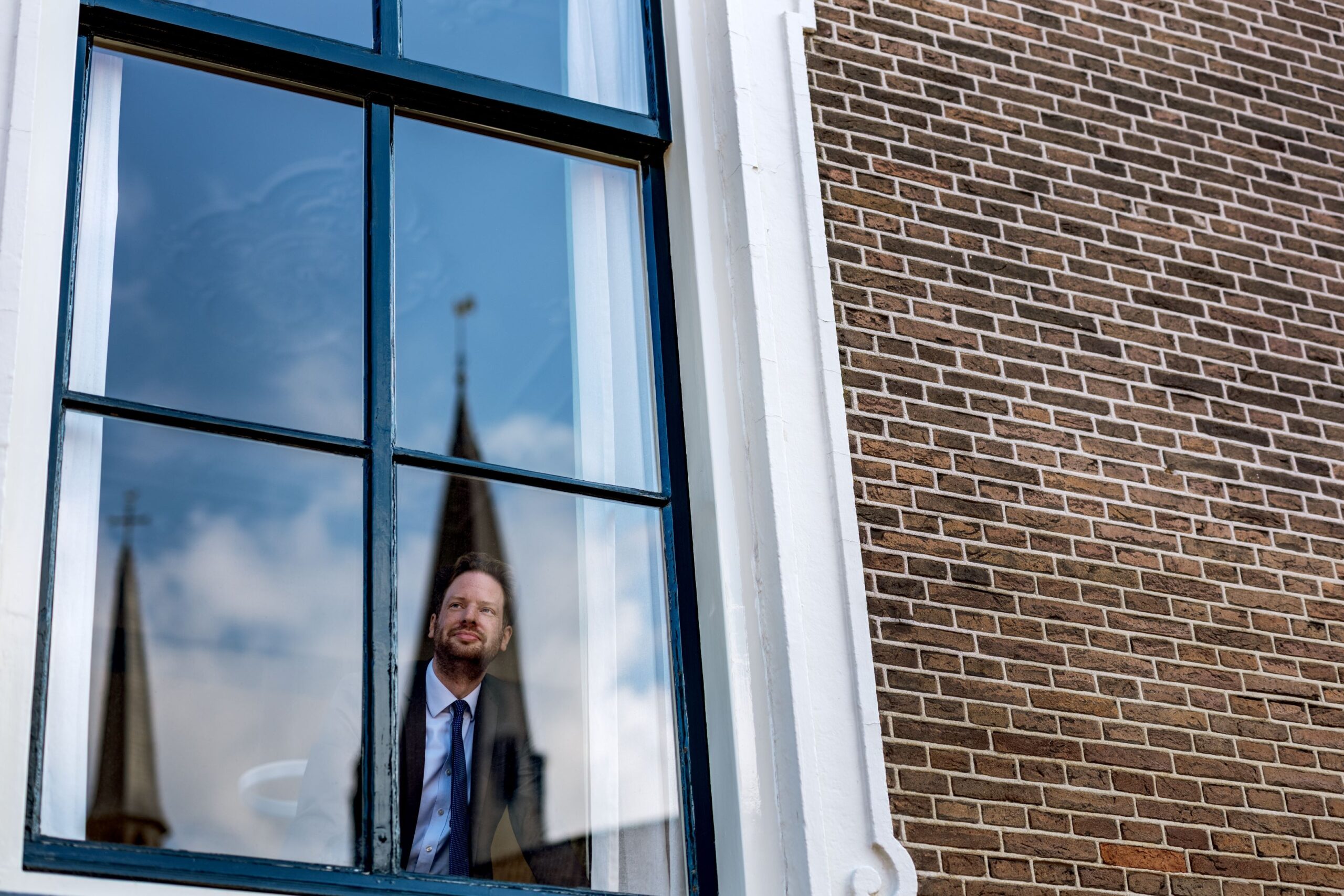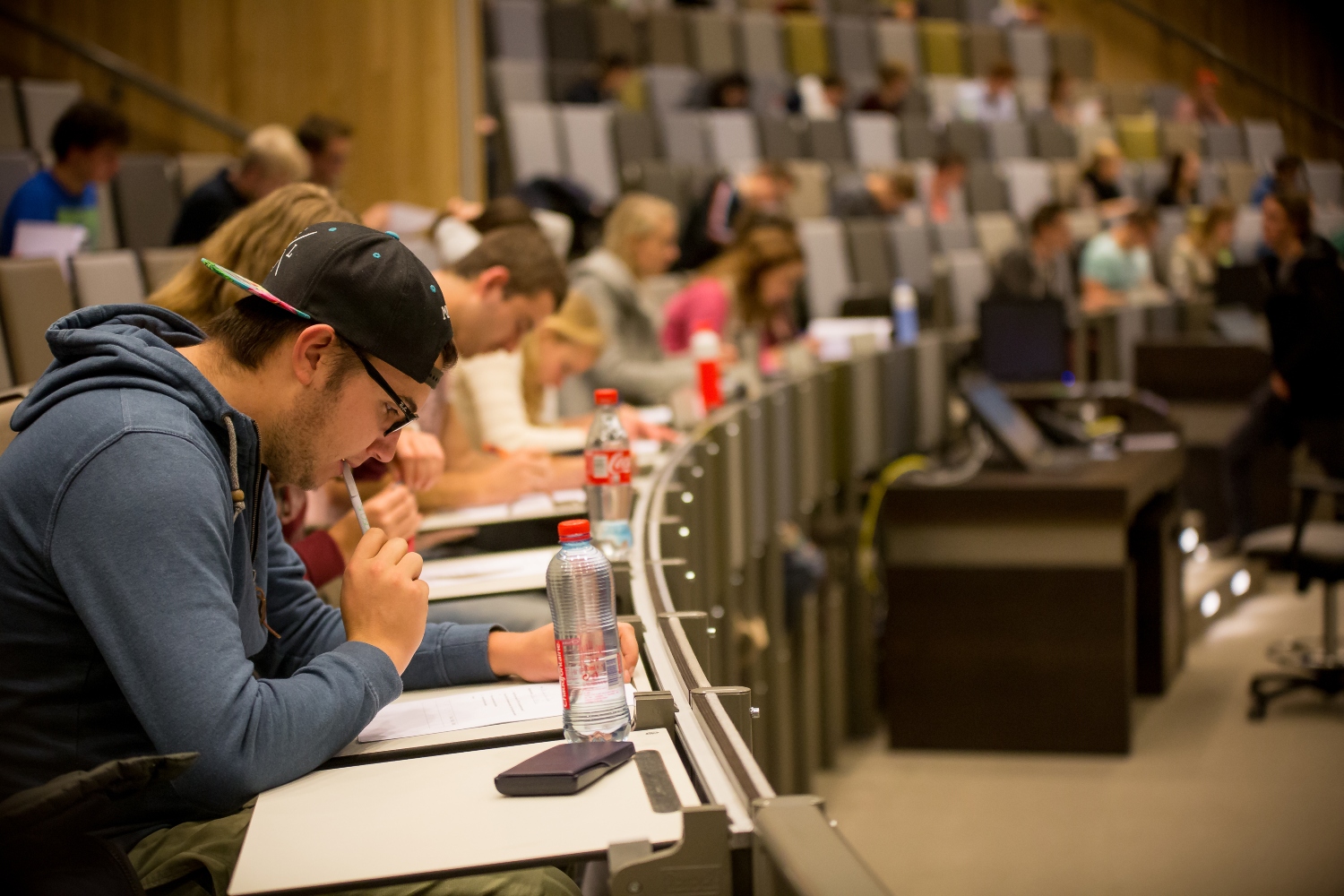The PVV is to become the largest party in the House of Representatives with 37 seats. Newcomer NSC gained twenty seats. Both parties aim to halt internationalisation in tertiary education.
Nearly all of the ballots have been counted. Geert Wilders’ party PVV has won by a landslide, and his victory may significantly impact higher education and scientific research. Moreover, migration will be a major topic for the upcoming formation of a new cabinet. A large majority of the House of Representatives wants to restrict the influx of international students in the future.
Together, PVV, NSC and VVD hold 81 out of the 150 seats in the House. They aim to make the Dutch language compulsory for bachelor programmes, although VVD calls for an exception to be made for technical studies. If they don’t speak the language, international students will not come, these parties believe. With support from the BoerBurgerBeweging (BBB), CDA and one or two other parties, these plans will easily make it through the Senate, although Pieter Omtzigt has no party there yet.
Senate
Out of the 75 seats in the Senate, 36 are occupied by the parties BBB (16), VVD (10), CDA (6) and PVV (4). A majority requires only two additional votes, for example, from SGP or Forum voor Democratie. Even SP and Partij voor de Dieren (3 seats each in the Senate) may vote in favour of the right-wing block. These leftist parties also want to fortify Dutch as the language of conduct in tertiary education.
All bachelors in Dutch? A shift like that cannot be achieved instantly. ‘A step-by-step approach is needed’, said Omtzigt in his electoral campaign. ‘Some of the teachers currently have English as their native tongue. This reform requires three to four years.’
Even that is a killer pace. The negotiations to form a coalition could take months. Then, the new Minister of Education must design a legislative proposal and put it to vote in the House of Representatives and the Senate. It will not be implemented before the academic year of 2025/2026, and most likely even later. And then, the transition period must begin.
Protest
Moreover, universities will not simply fold. They will launch protests and lobbies and may even start court cases to keep their international position. Some international university colleges will do the same. How radically the parties want to change course is not yet known now that it’s down to business. Will all bachelor programmes be Dutch-spoken? At some point, Omtzigt advocated for exceptions for ‘a maximum of 20 per cent of the programmes.’
And what exceptions can be made? Could hotel schools and art academies continue as they are? Will University Colleges be able to remain in business? Can a programme such as International Business stay afloat? There is a reasonable chance that a committee will have to be formed to investigate such questions in collaboration with the tertiary sector. That will cause at least another year of delays.
Stick
Perhaps the new government parties simply want to keep a stick handy. That will enable them to book a 400 million euro budget cut for bachelor programmes, pending agreements on internationalisation and teaching language. That sum has been calculated by the Netherlands Bureau for Economic Policy Analysis CPB. This is a black scenario for many universities, and will also cause issues among colleges.
Investments in tertiary education will be put under greater pressure in all events, even though NSC’s election programme calls for a ‘substantial budget for scientific research and knowledge valorisation’. The VVD aims to cut spending by 1.3 billion.
Budget cuts aside, how will the budget for scientific research be divided now that the country has shifted to the right? There is a fair chance that economic revenues and societal benefits will play a greater part. Right-wing parties generally favour technical studies, although they may be willing to spend a little on national history and the Dutch language. Whatever happens, room for free research will likely be limited.

 The PVV, NSC and VVD hold a combined total of 81 out of the 150 seats in the House of Representatives. They want to make the Dutch language compulsory in bachelor programmes, although VVD calls for an exception to be made for technical studies. Photo Shutterstock
The PVV, NSC and VVD hold a combined total of 81 out of the 150 seats in the House of Representatives. They want to make the Dutch language compulsory in bachelor programmes, although VVD calls for an exception to be made for technical studies. Photo Shutterstock 

